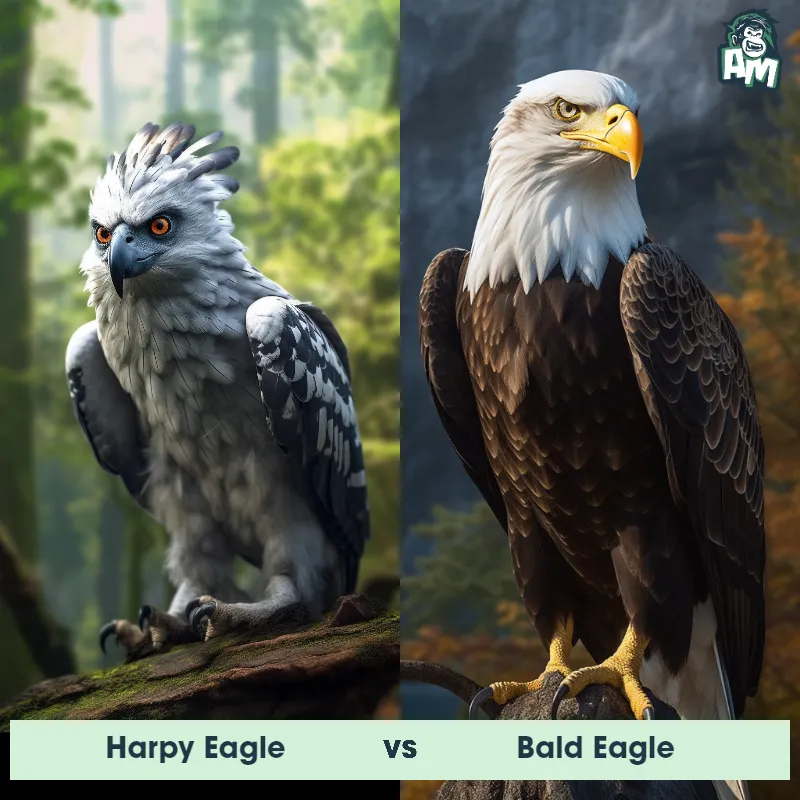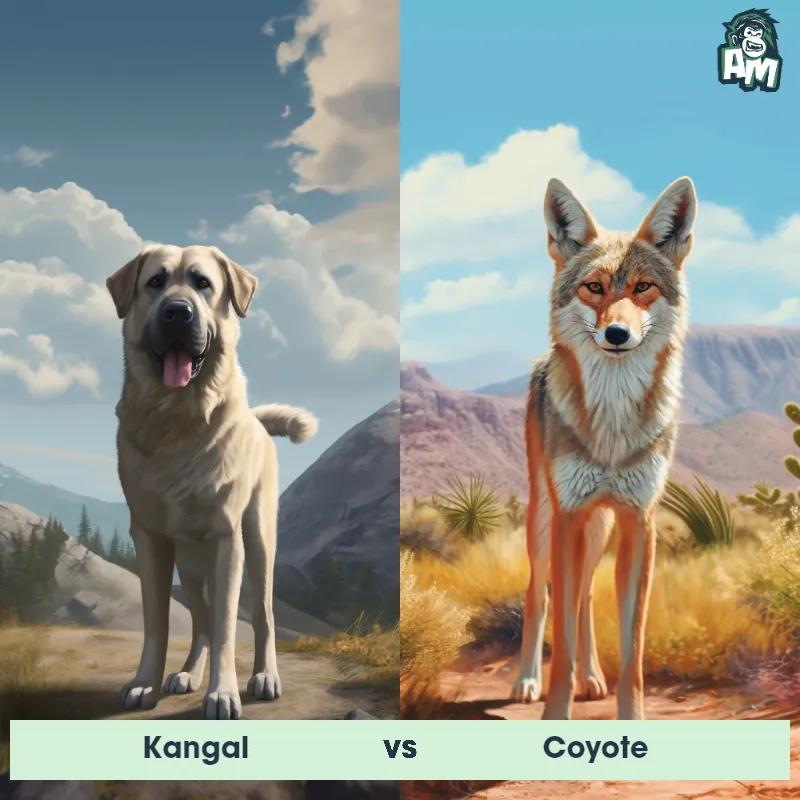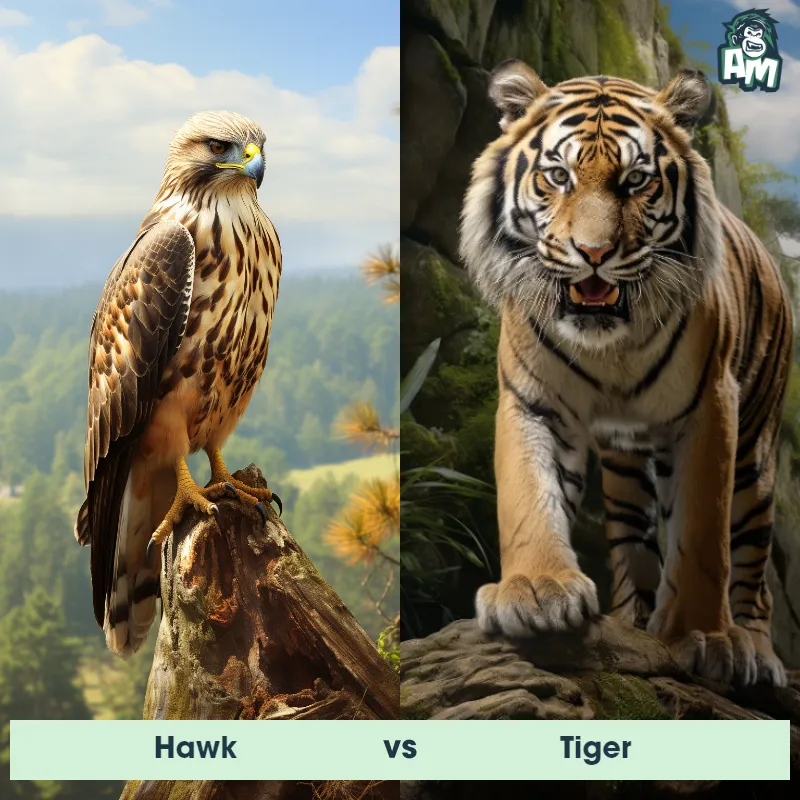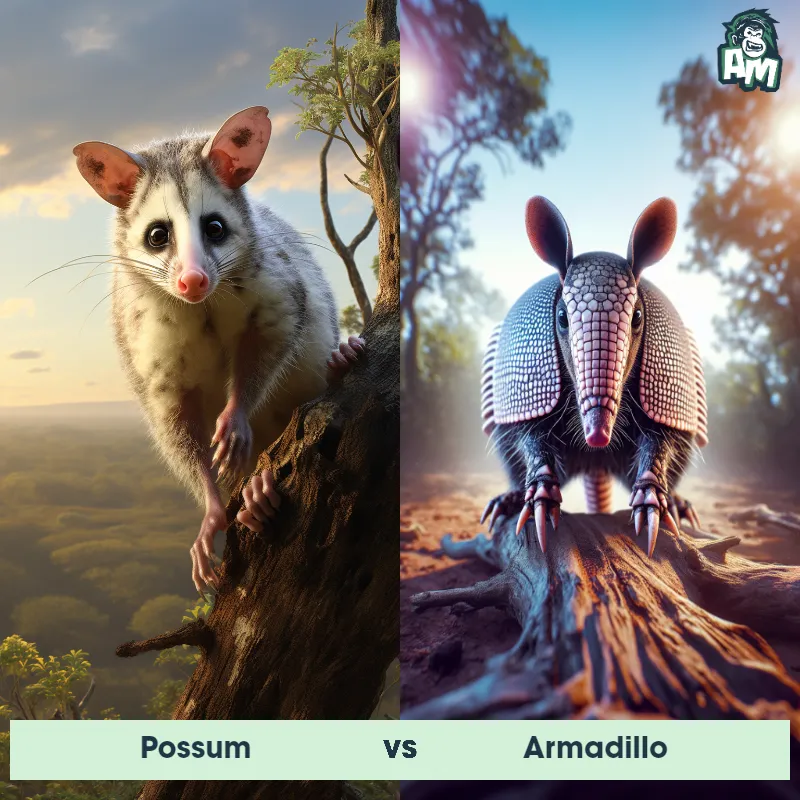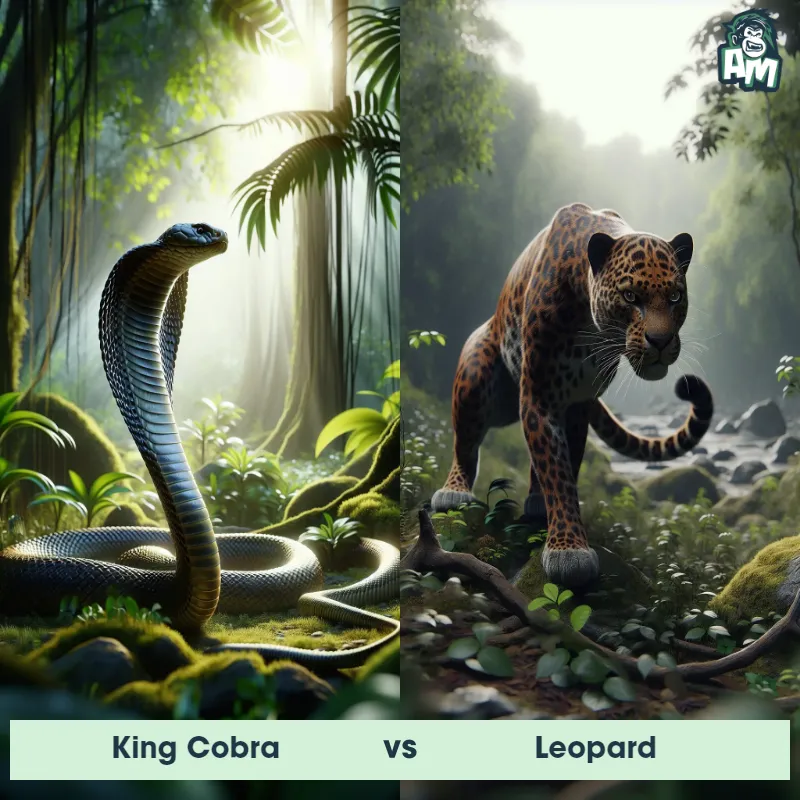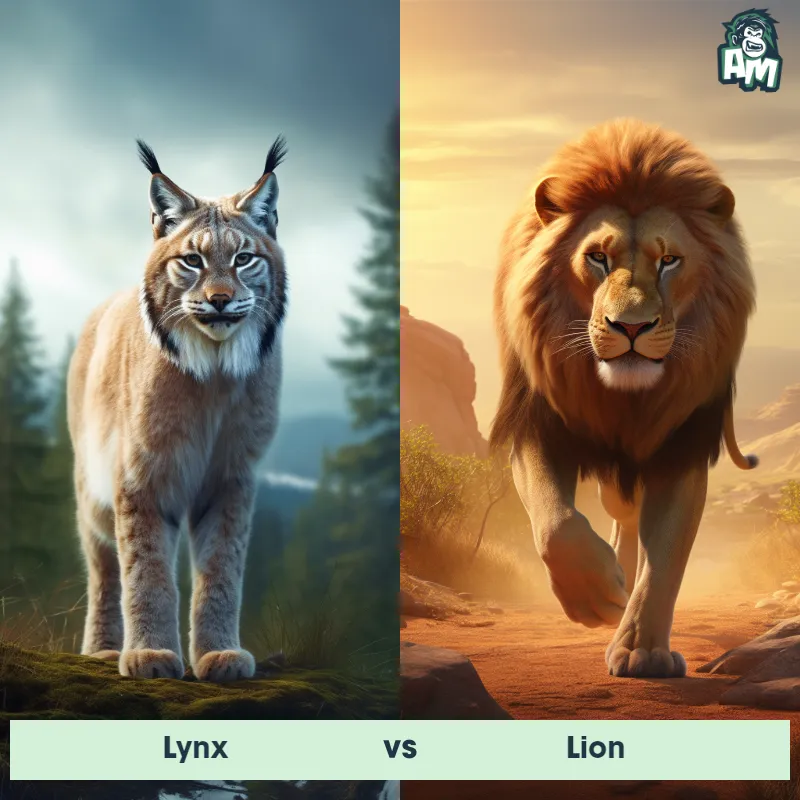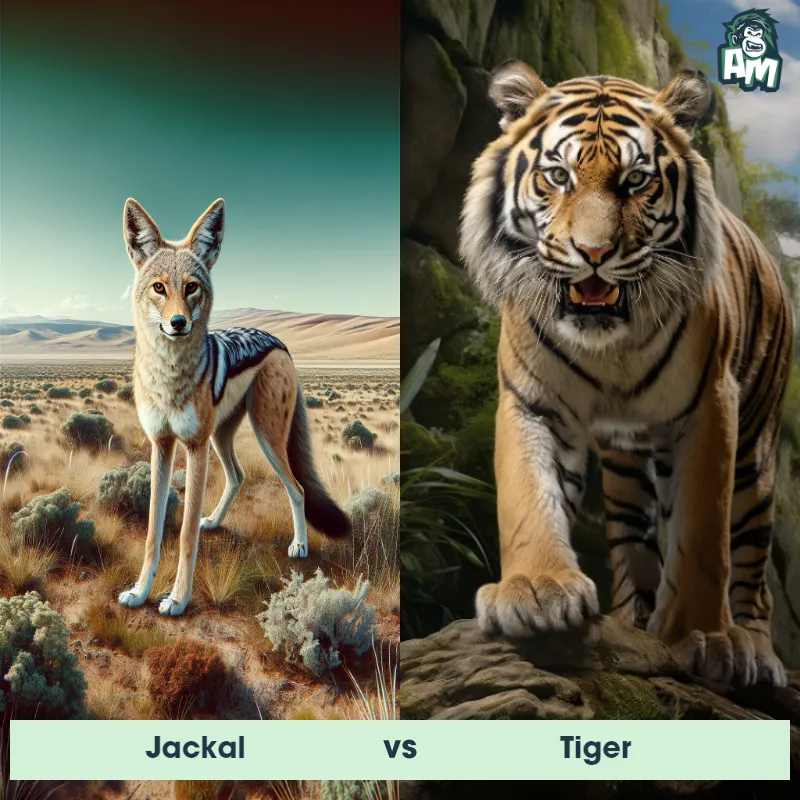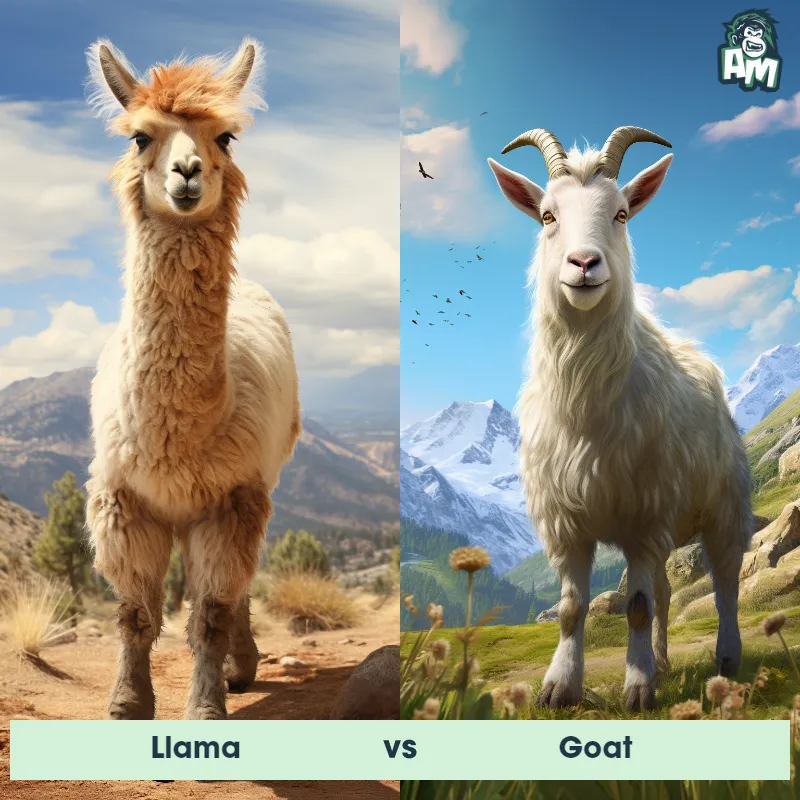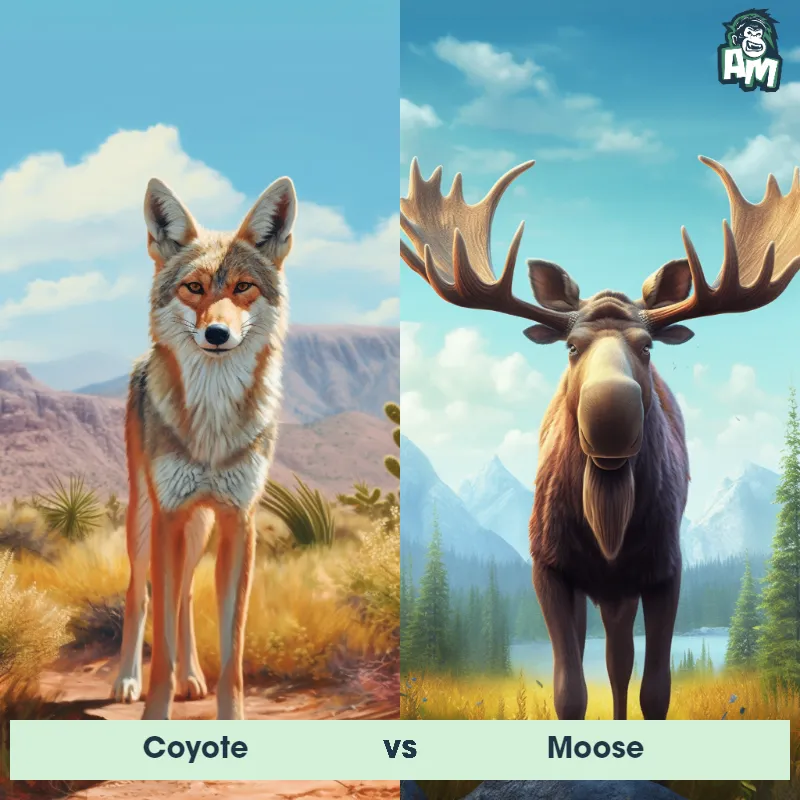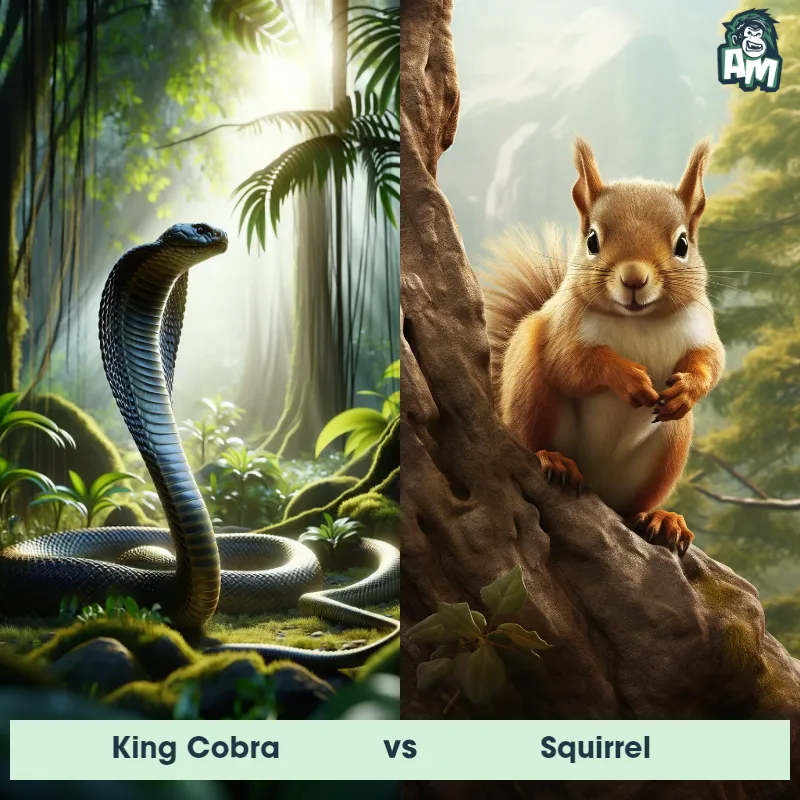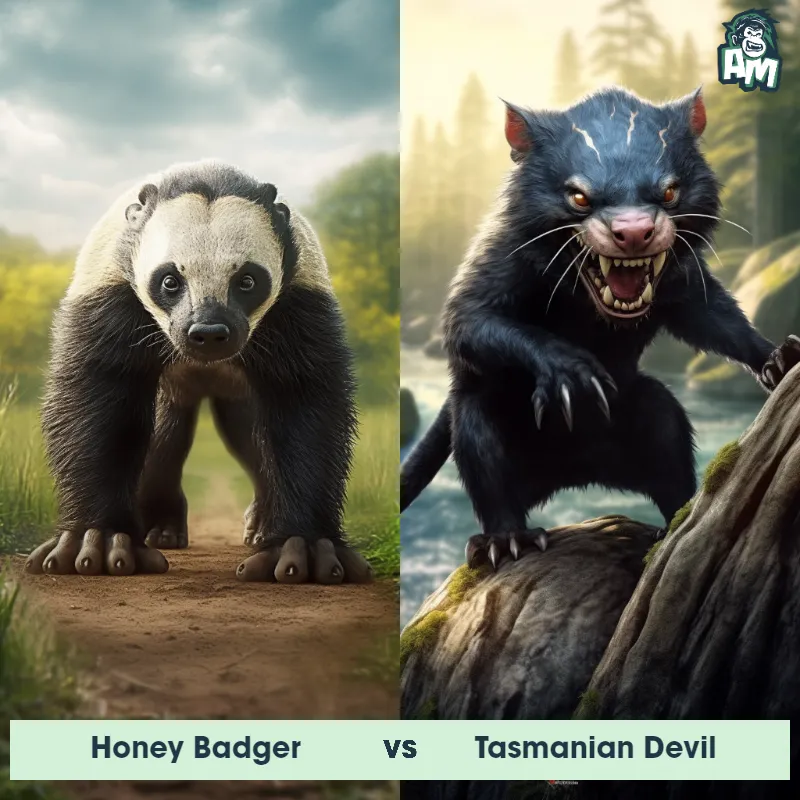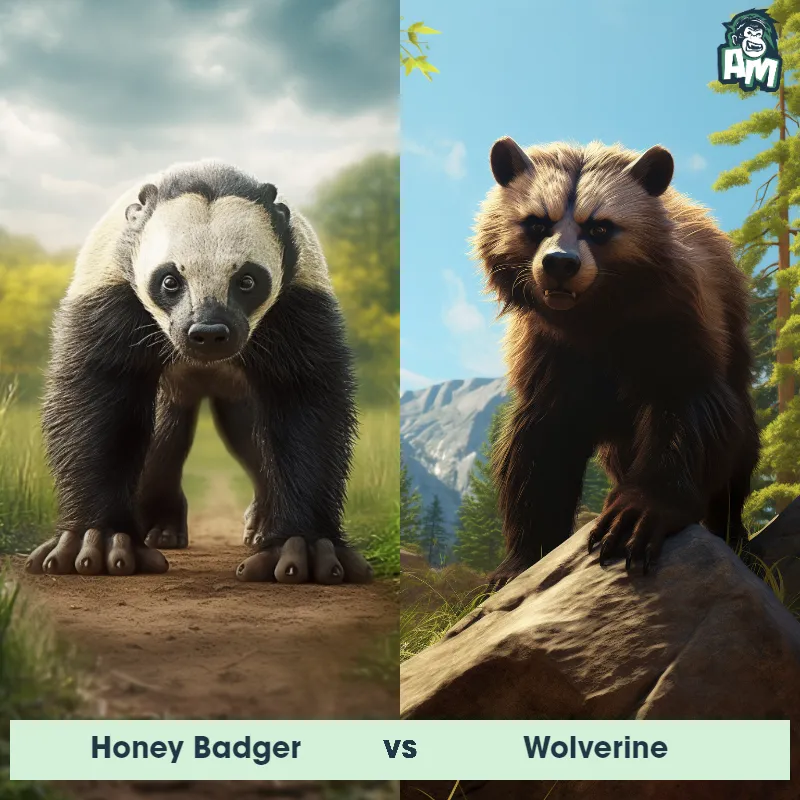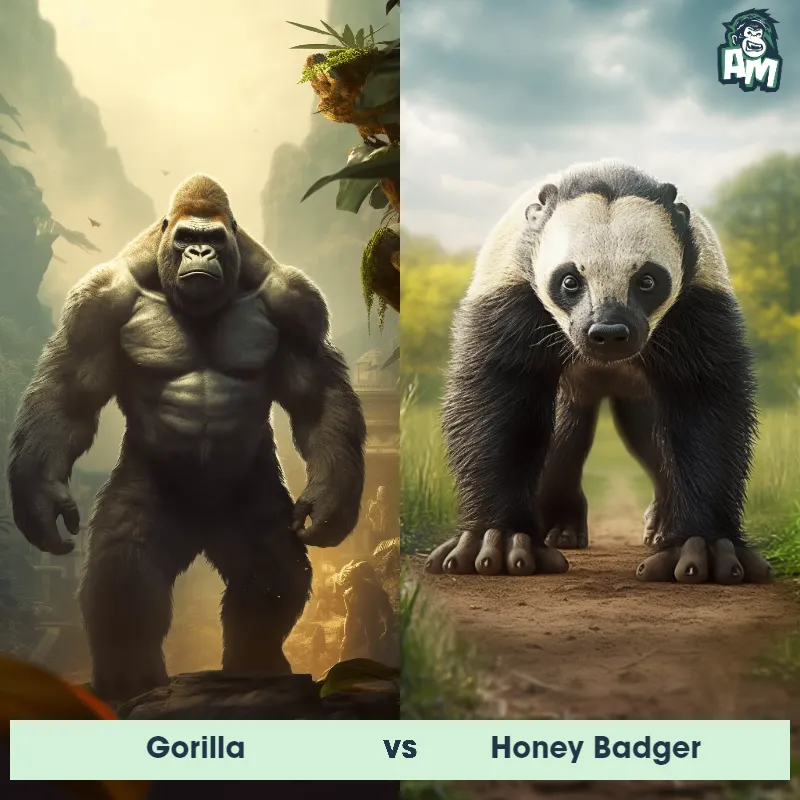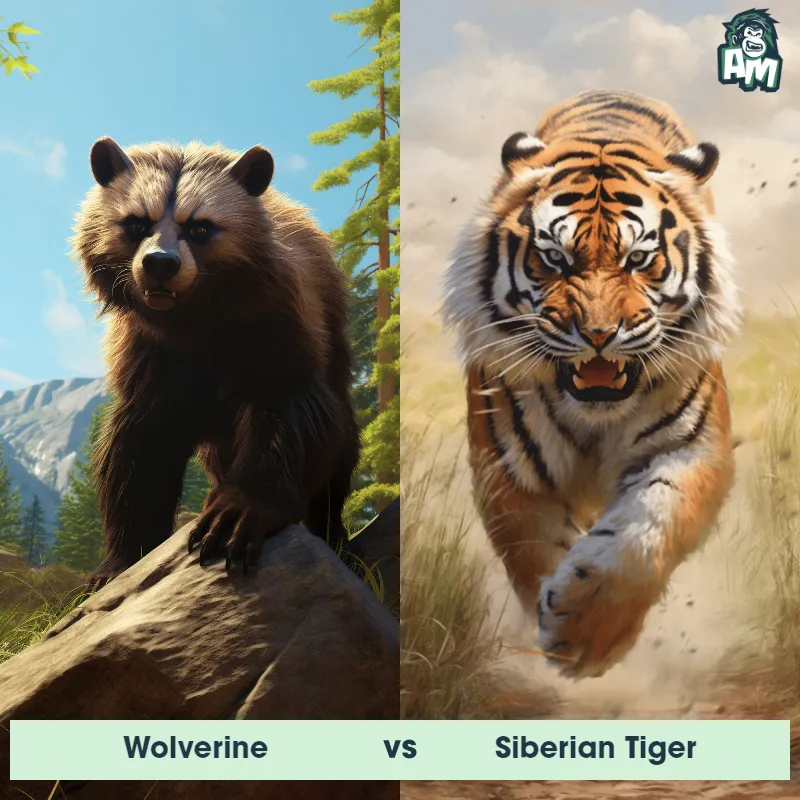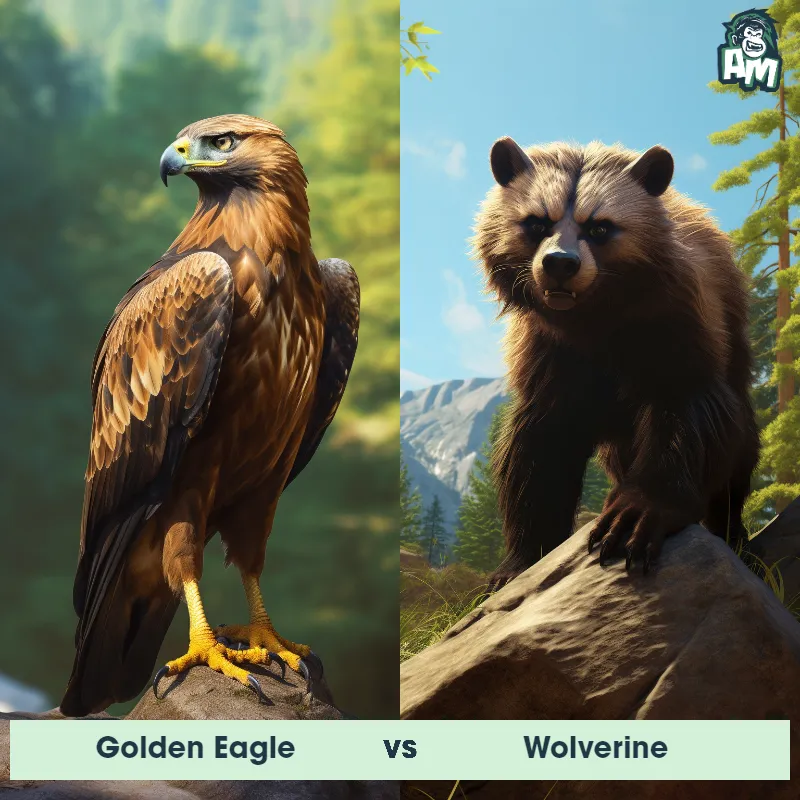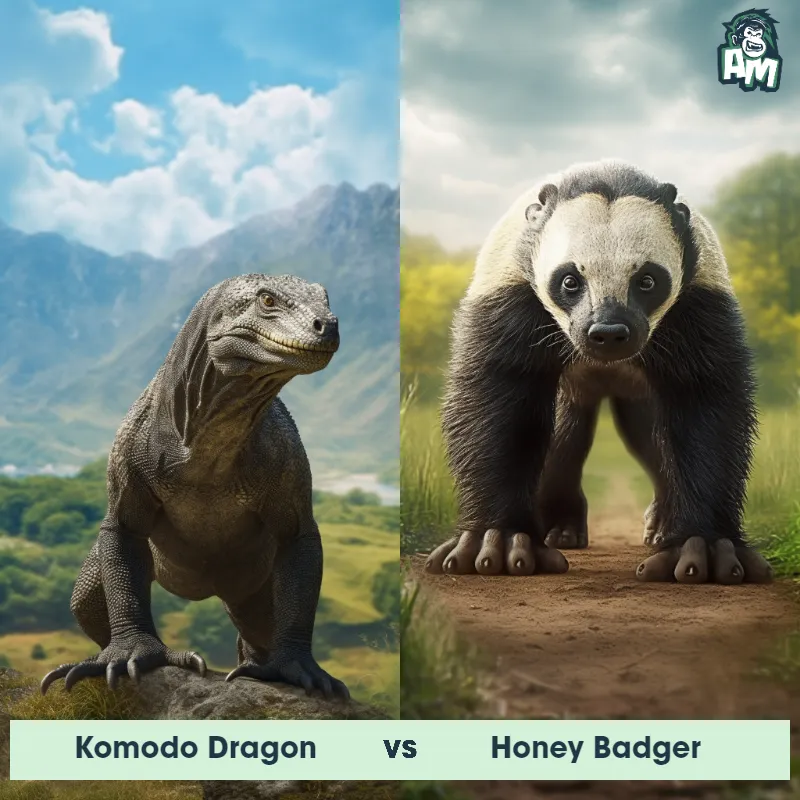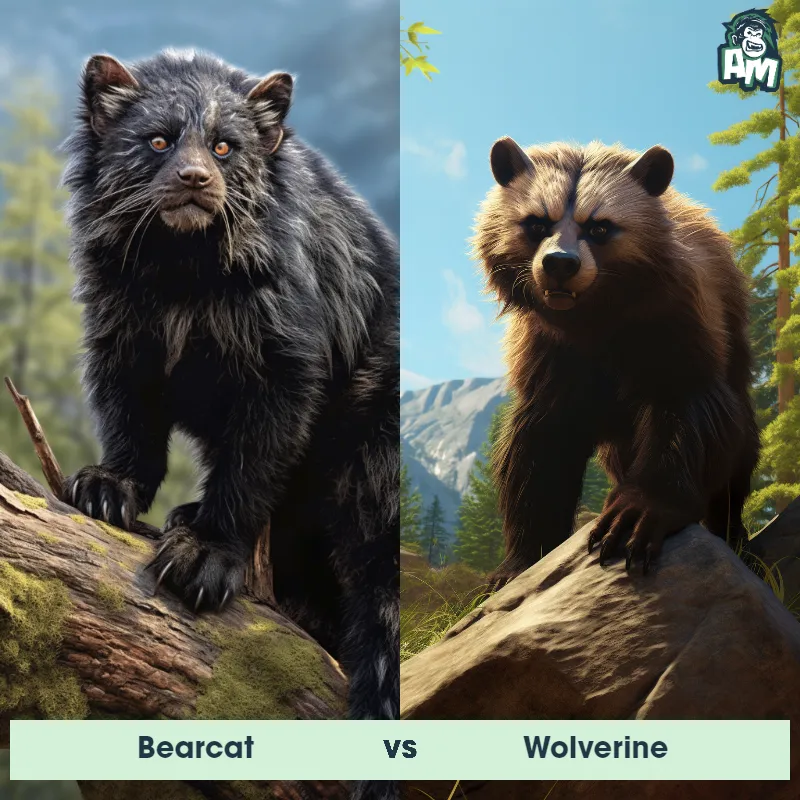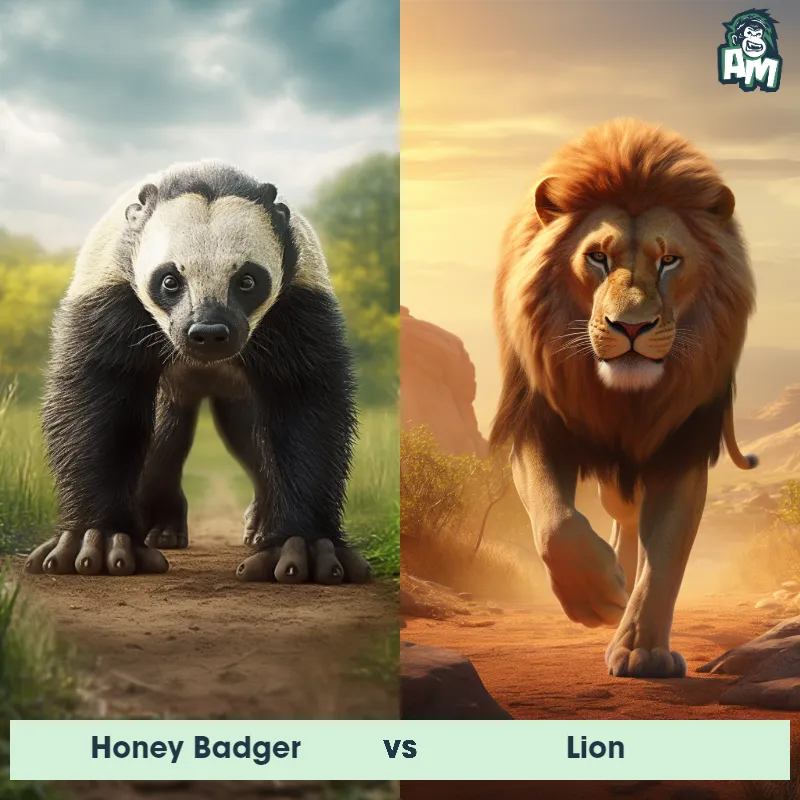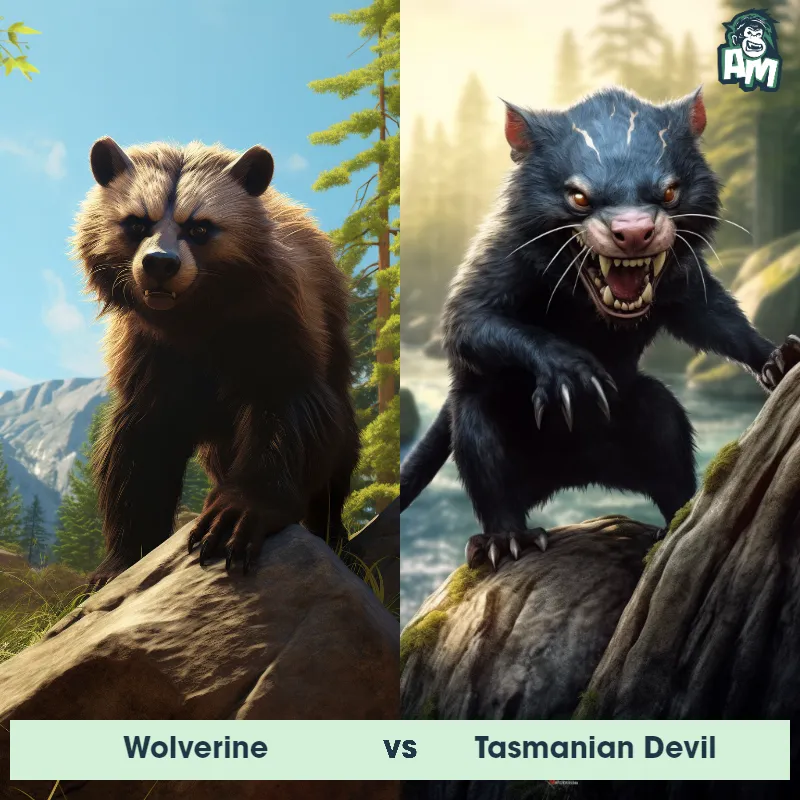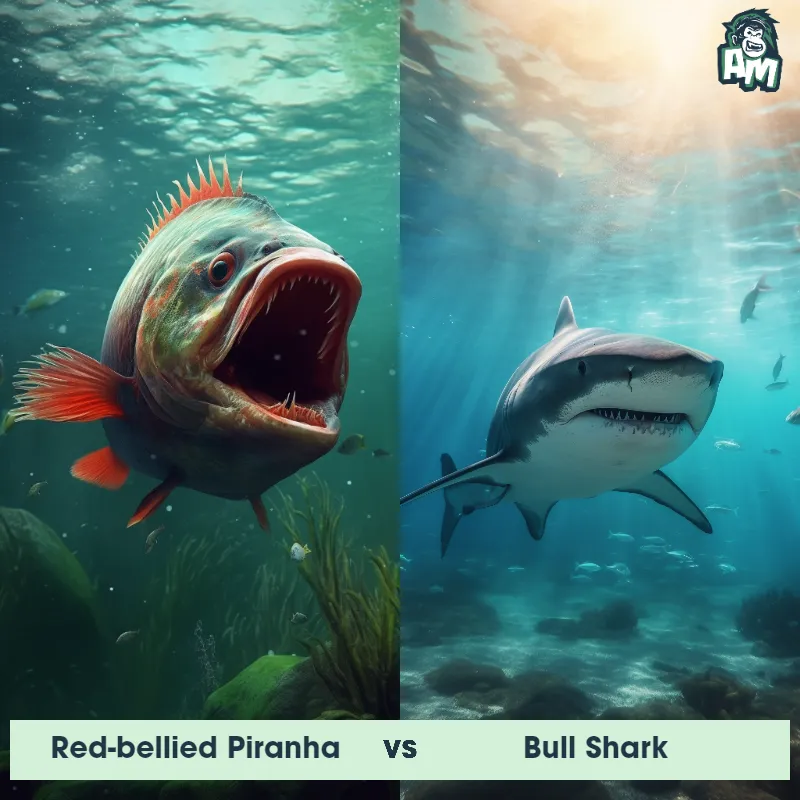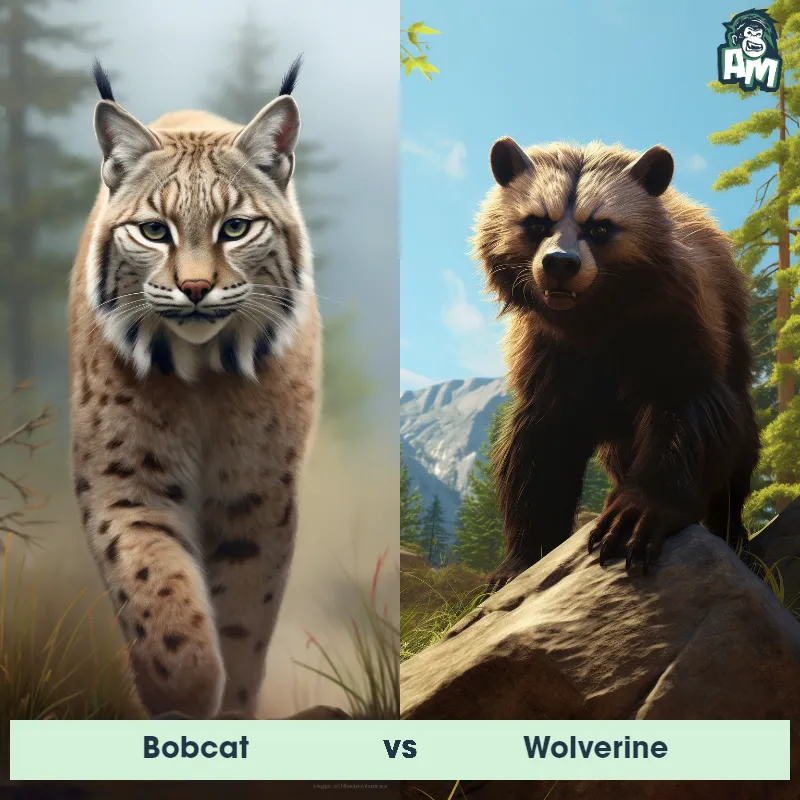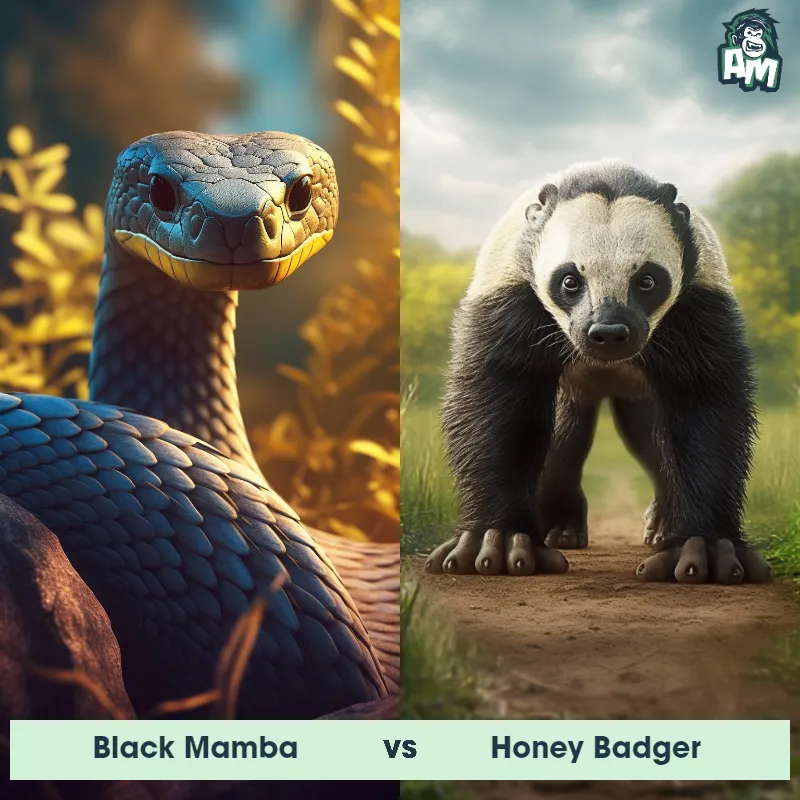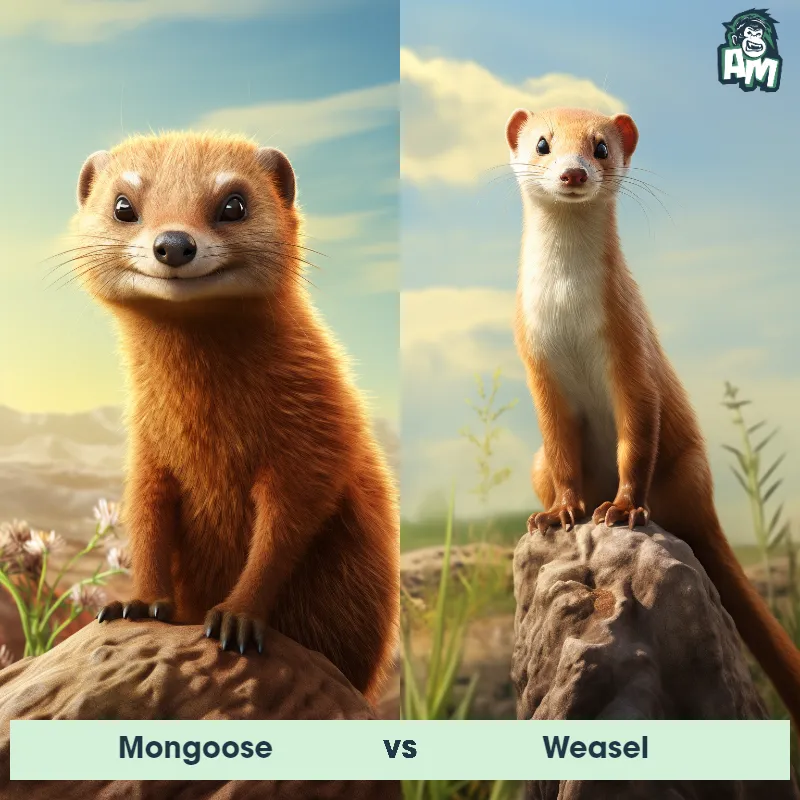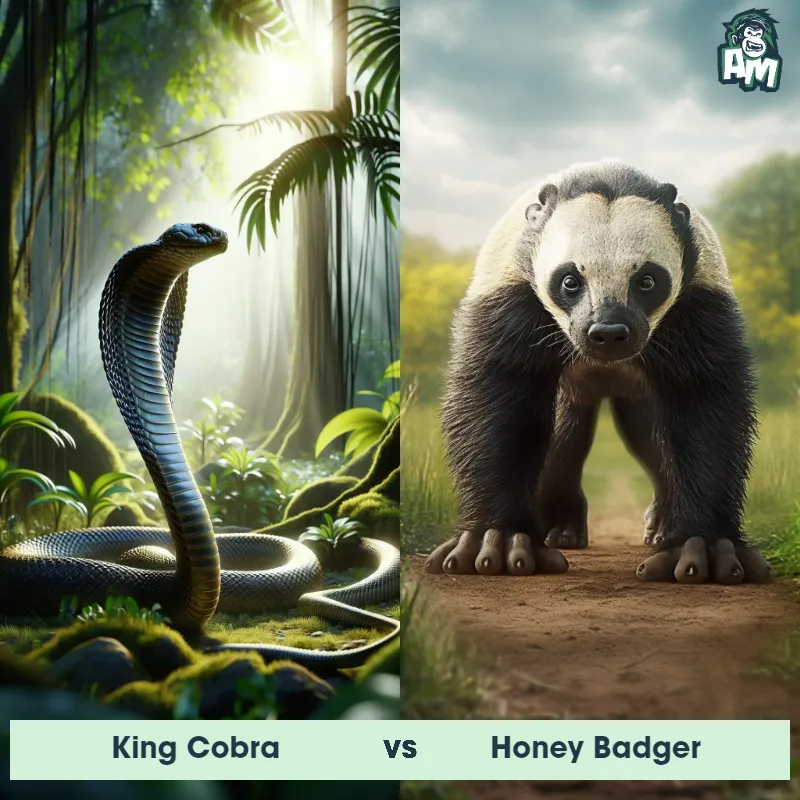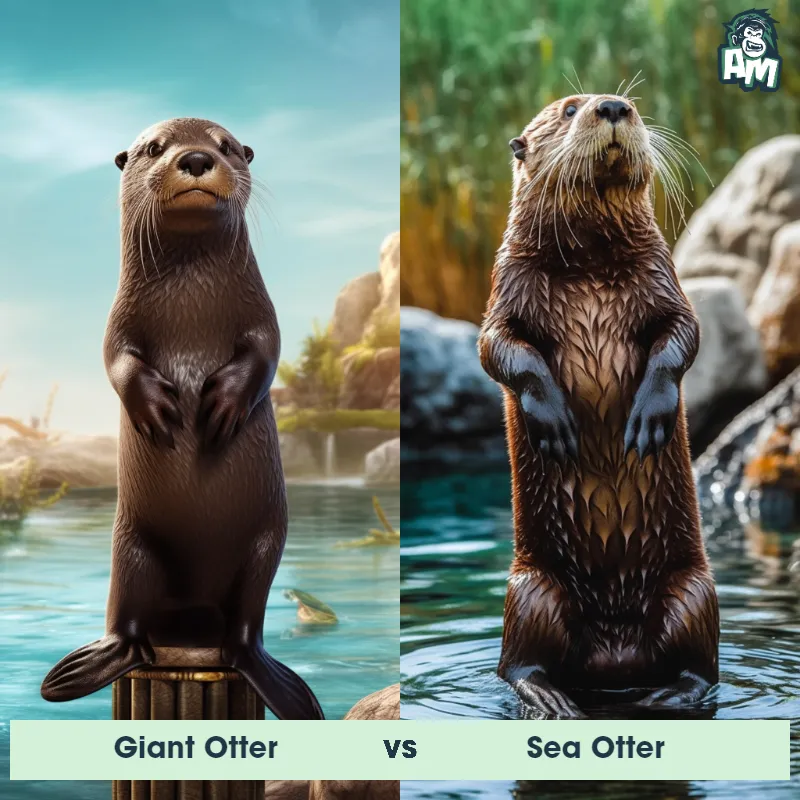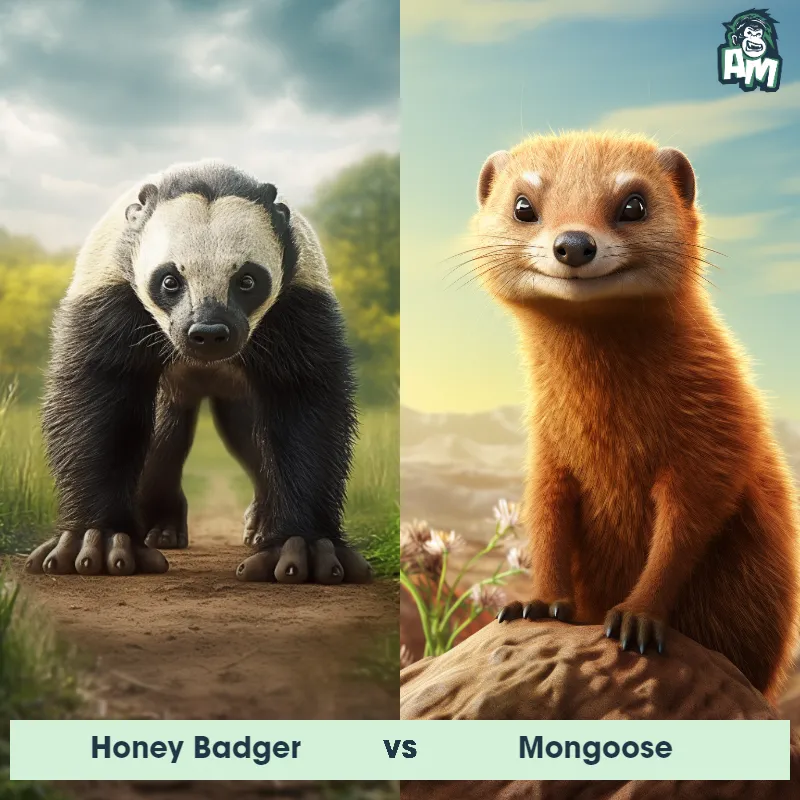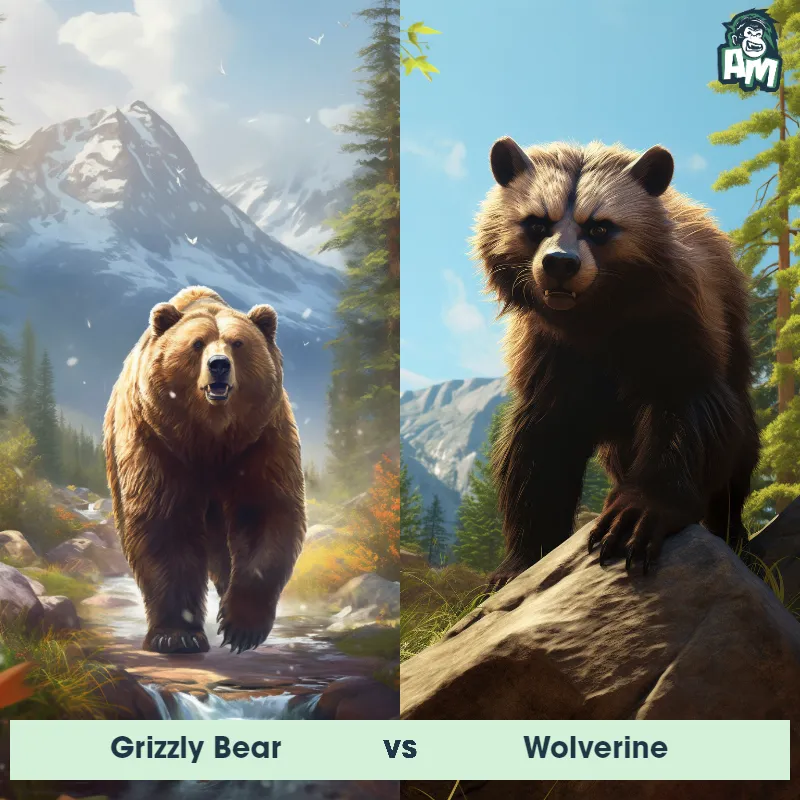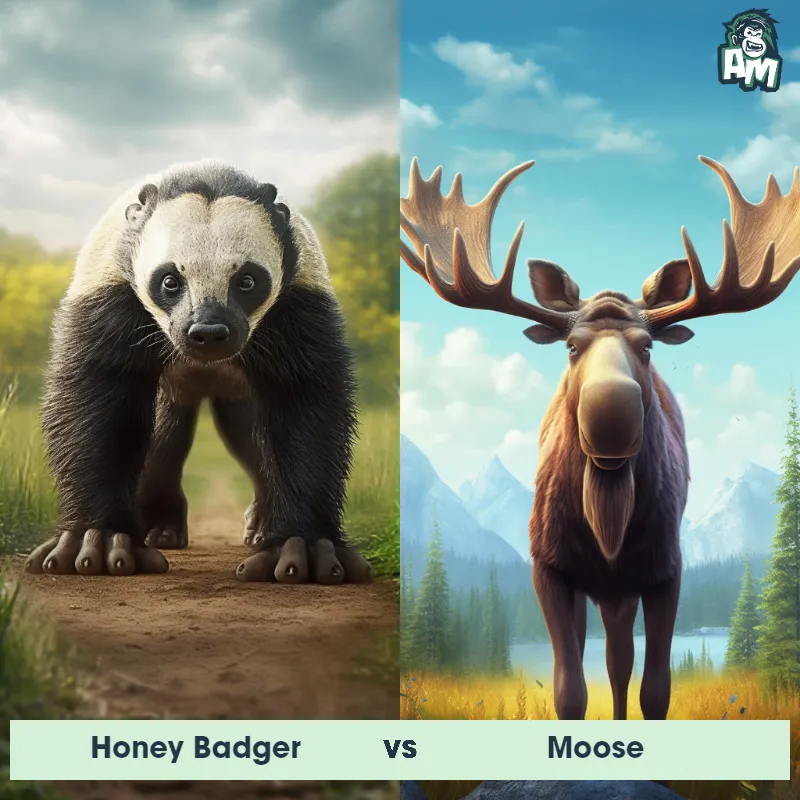Giant Otter vs PiranhaSee Who Wins

Welcome, ladies and gentlemen, to this epic matchup between a Giant Otter and a Piranha! The tension is palpable as these two fierce competitors prepare to face off in the arena.
Contender 1: Giant Otter
The Giant Otter, also known as the Giant River Otter or the South American Otter, is the largest of all otter species, measuring up to 6 feet in length and weighing up to 70 pounds. They have sleek, dark brown fur with white or cream-colored markings on their throat and chest. Their webbed feet and powerful tail make them excellent swimmers, and they are known for their ability to catch fish with their sharp teeth and strong jaws.
Fun Fact: Giant otters, known as the “river wolves” of South America, can grow up to 6 feet long — and they make loud, chirpy calls to keep in touch with their family while hunting piranhas!
Contender 2: Piranha
The Piranha is a freshwater fish that resides in South American rivers and lakes. They are known for their sharp, triangular teeth and strong jaws, which are both adaptations for their diet of fish, insects, and sometimes larger prey. Piranhas have a robust body shape, often with a reddish-brown or silver coloration, and can range in size from 5 to 20 inches depending on the species. Despite their fearsome reputation, they are often scavengers as much as they are predators.
Fun Fact: Contrary to popular belief, piranhas are not exclusively carnivorous and can be omnivorous, feeding on seeds and fruits as well as meat.
Matchup Stats
| Giant Otter | Piranha | |
|---|---|---|
| Size | Up to 6 feet (1.8 meters) in length | 5 to 20 inches (12.7 to 50.8 cm) |
| Weight | Up to 70 pounds (32 kilograms) | Up to 7.7 lbs (3.5 kg) |
| Speed | Speed: 22 mph (35 km/hr) | 55mph (88.5km/h) |
| Key Strength | Powerful jaws and sharp teeth | Sharp, triangular teeth and strong jaws |
| Biggest Weakness | Vulnerable to attacks on land | Often scavengers, not aggressive predators |
Current Votes
Giant Otter vs Piranha
See Who Wins
View More Matches
Looking For More?
Similar Matches
Scientific Stats
| Giant Otter | Piranha | |
|---|---|---|
| Scientific Name | Pteronura brasiliensis | Pygocentrus nattereri |
| Family | Mustelidae | Characidae |
| Habitat | Freshwater rivers, lakes, and swamps | Freshwater rivers and lakes |
| Geography | South America, specifically the Amazon, Orinoco, and La Plata river systems | South America |
| Diet | Fish, crustaceans, and small mammals | Fish, insects, seeds, fruits, and sometimes larger prey |
| Lifespan | 8 years - 10 years | 5 years - 15 years |
Key Differences between Giant Otter and Piranha
- Habitat: The Giant Otter inhabits freshwater rivers, lakes, and swamps in South America, while the Piranha is commonly found in the same aquatic ecosystems in tropical and subtropical regions.
- Color: The Giant Otter has a sleek and glossy fur coat that is predominantly brown with white markings on its throat and chest, whereas the Piranha has a silvery body with a distinct red belly.
- Size: The Giant Otter is a large animal, measuring up to 6 feet in length and weighing around 70 pounds, while the Piranha is a much smaller fish, typically reaching only 6 to 10 inches in length.
- Behavior: The Giant Otter is highly social, living in family groups with a dominant breeding pair and their offspring, while the Piranha is known for its aggressive feeding behavior, forming schools to hunt in large numbers.
- Physical Features: The Giant Otter has a long, muscular body with webbed feet and a broad head, equipped with sharp teeth for hunting and tearing apart prey, whereas the Piranha has a streamlined body with powerful jaws and sharp teeth that are used for feeding on flesh.
- Threats: The Giant Otter faces threats from habitat loss, pollution, and hunting for its fur, whereas the Piranha is targeted for fishing and aquarium trade, and also faces declines due to habitat degradation.



